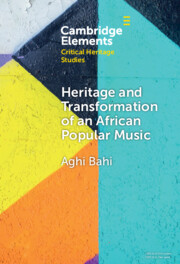Study of the ecological and economic effects of invasive species has paralleled their progressively pervasive influence worldwide, yet their cultural impacts remain largely unexamined and therefore unrecognized. Unlike biological systems, where the ecological consequences of biological invasions are primarily negative, from an ethnoscientific standpoint, invasive species' impacts on cultural systems span a range of effects. Biological invasions affect cultural groups in myriad, often unpredictable and at times contradictory ways. This review groups case studies into a conceptual matrix suggesting three categorically different cultural impacts of invasive species. Culturally impoverishing invasive species precipitate the loss or replacement of culturally important native species and their associated cultural practices. Culturally enriching invasive species augment cultural traditions, through their inclusion in lexicons, narratives, foods, pharmacopoeias and other tangible and intangible ends. Culturally facilitating invasive species can provide continuity and reformulation of traditional ethnobiological practices. An understanding of the processes by which invasive biota become culturally enriching, facilitating, or impoverishing can contribute to articulating interdisciplinary programmes aimed at simultaneously conserving biological and cultural diversity.
